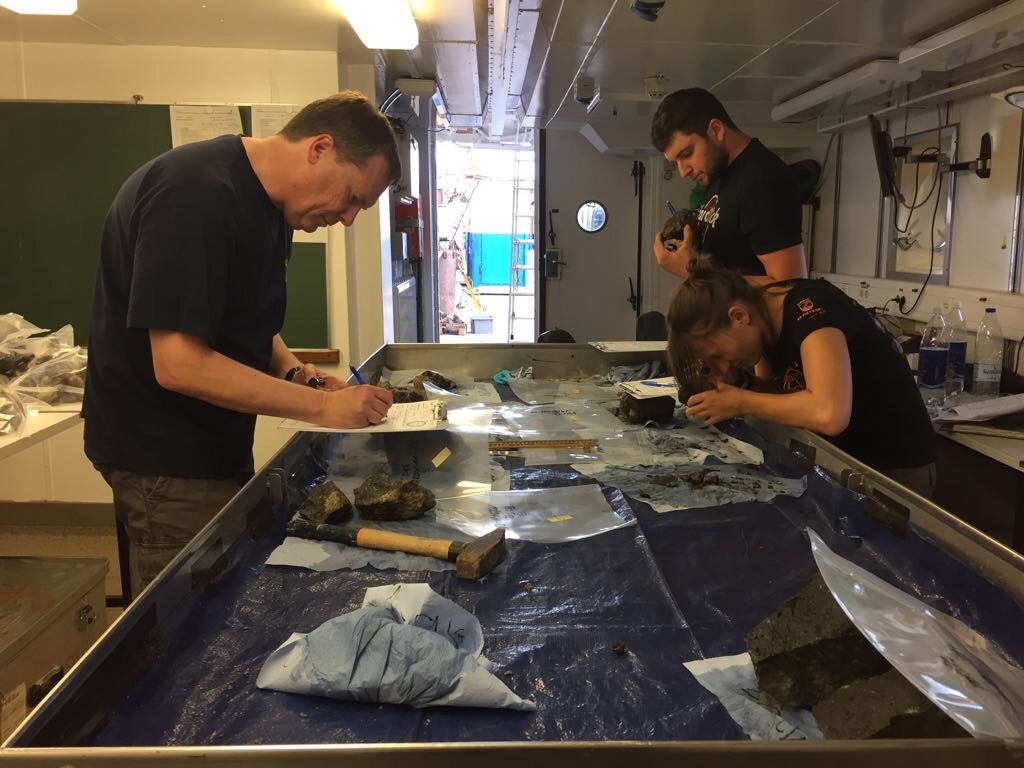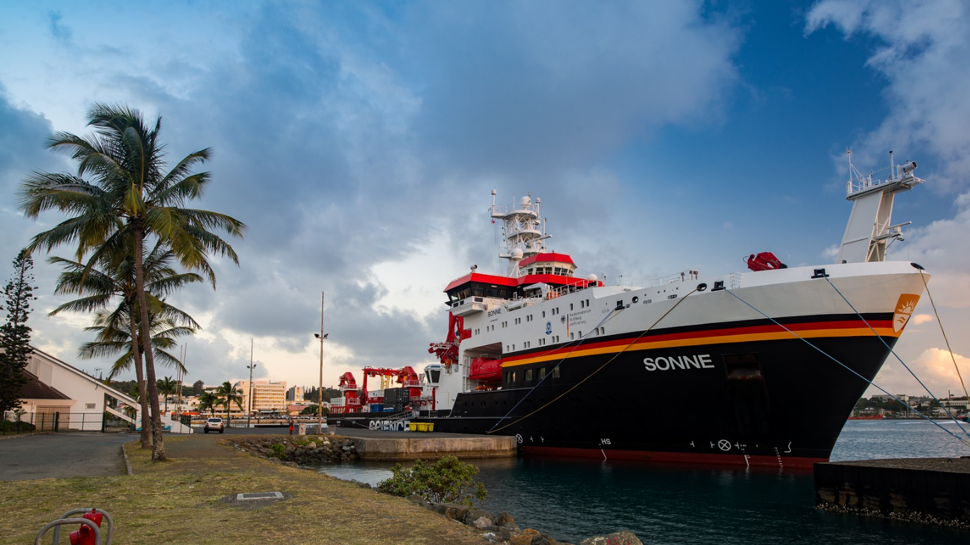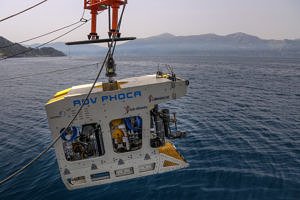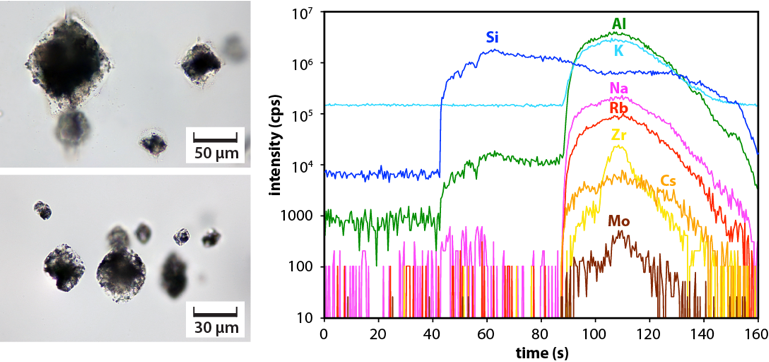Endogenous Geodynamics
The Geodynamics Research Group examines the formation and evolution of the Earth’s crust and lithosphere, using geochemical and petrological methods. The lithospheric plates are formed as a result of magmatic processes at divergent and convergent plate boundaries (mid-ocean spreading centres, and subduction zones). These plate boundaries are the most tectonically-active regions of the Earth, where volcanism and earthquakes are concentrated, and also influence global climate.
The main research themes of our Research Group are the formation, migration and chemical evolution of magmas within the Earth, and global geochemical cycles associated with these processes. An important aspect of our research are the consequences for humankind of volcanic activity, its role in environmental and climate change, and the formation of ore deposits.
 LEG members on a regular base participate in planning and realisation of research vessel cruises. Watch a video of our work on German research vessel Sonne.
LEG members on a regular base participate in planning and realisation of research vessel cruises. Watch a video of our work on German research vessel Sonne.
- our team
- our research topics
- and our publications.
Prof. Dr. Karsten Haase
Schlossgarten 5
D – 91054 Erlangen
Germany
+49 9131 8522616
karsten.haase@fau.de






